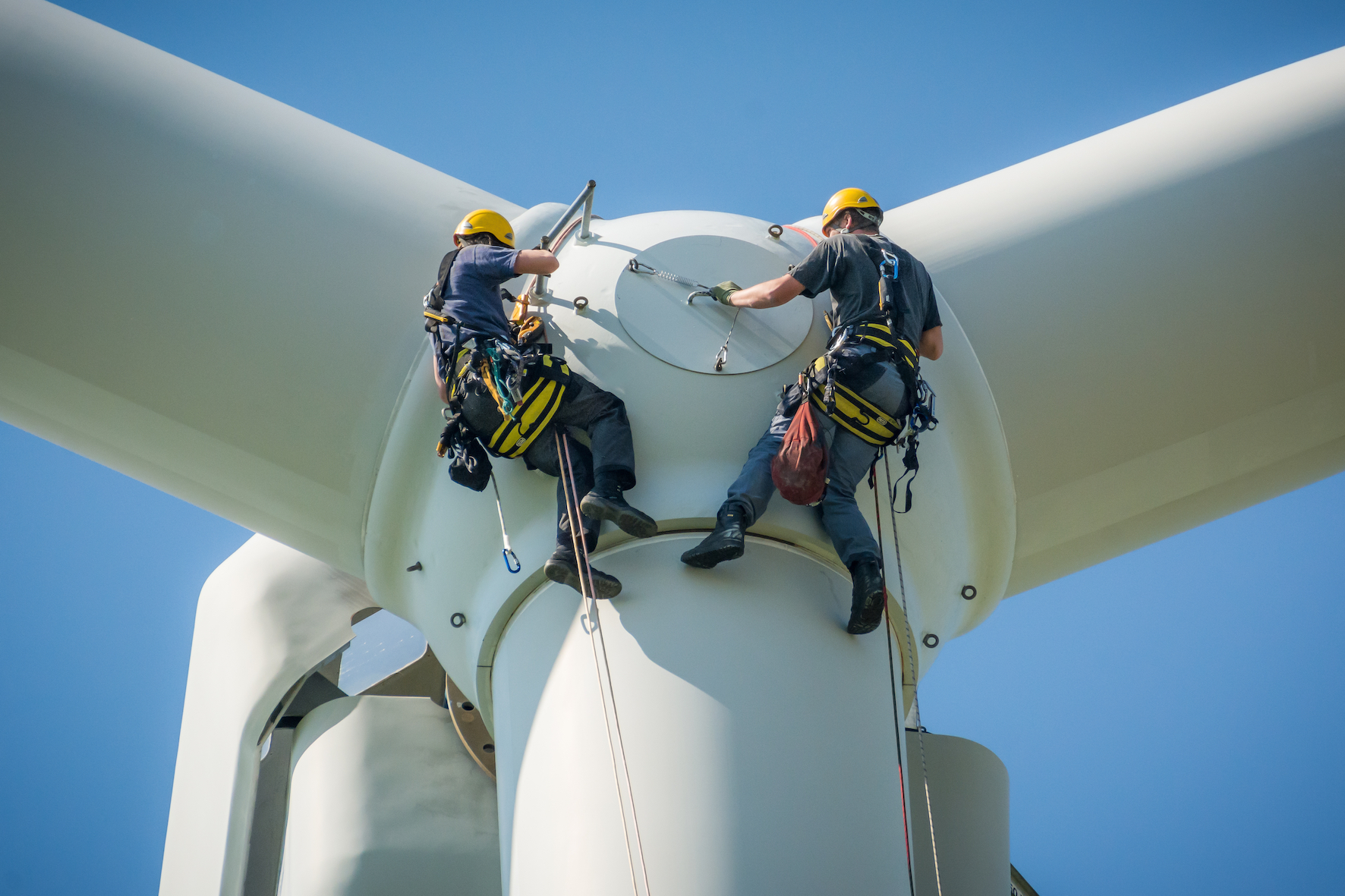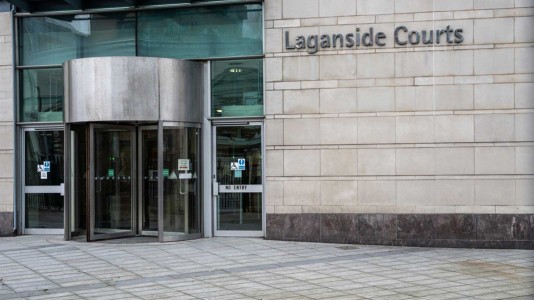This year, the increase in electricity prices in Germany will cost the average family another €100 to €150 on top of what they paid last year, and there are no signs that electricity costs will go down anytime soon.
Germany is struggling with how far alternatives to nuclear and coal power will be available to help bring down costs, with experts saying that it could be years down the road until prices come back down.
The original vision was that nuclear and coal power would be replaced in the future by solar, wind and piped natural gas; however, foreign policy factors, EU sanctions, attacks on the Nord Stream pipeline, and Ukraine’s announcement that it will not transport Russian gas to Europe after 2025 have made this vision impossible to realize.
The alternative, importing liquefied natural gas (LNG), is both expensive and unreliable.
Some in Germany have welcomed these developments, according to Hungarian news outlet Magyar Nemzet. Greenpeace activist Mira Jäger said that Minister for Economic Affairs and Climate Protection Robert Habeck should follow Biden’s example and stop the operation of terminals and the reception of LNG off the German coast.
Just last month, President Joe Biden suspended all future and pending LNG export projects, a move cheered by environmental activists and some industries that argue exporting U.S. natural gas is raising electricity prices on the domestic market.
The move will hit projects such as Venture Global’s Calcasieu Pass 2 (CP2) gas project in Alaska, with nearly half of that projected gas supply expected to have gone to Germany. In response to the move, a Venture Global spokesperson said that such a pause could send “a devastating signal to our allies that they can no longer rely on the United States.”
Others are demanding the government to reverse its controversial decision to end nuclear power and bring plants back online.
A further problem is that it is not possible to secure sufficient wind power in time, so the planned closure of coal-fired power plants will create a temporary shortfall in electricity supply. Gas-fired power plants cannot cover the shortfall and building new ones is not financially feasible, with many operators expecting new regulations and climate goals to present a serious challenge to the long-term investment return on a fossil-fuel-based energy source.
According to a report by the German Federal Grid Agency, around €300 billion will be needed to expand the grid by 2045. This amount is projected to increase steadily compared to the originally published figures, and some planning processes have not even started yet.
The increase has already been noticeable, with electricity prices doubling in the 10 years since 2009, and this year the previously promised subsidy will be canceled, leaving German families around €120-€150 poorer per year, and that is just the loss from the increase in electricity prices. Other costs, including food inflation, higher diesel prices, and heating costs have also taken a serious toll.





